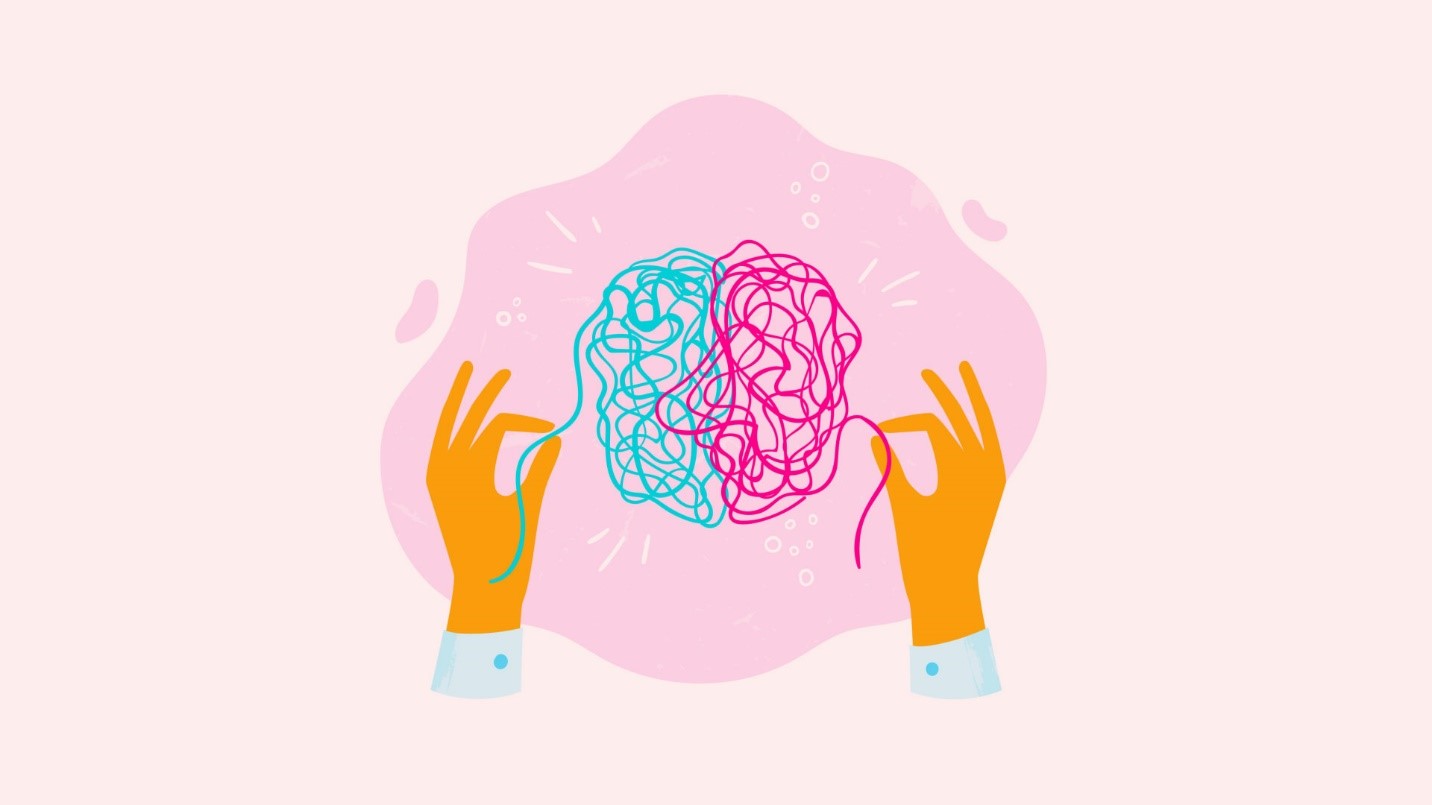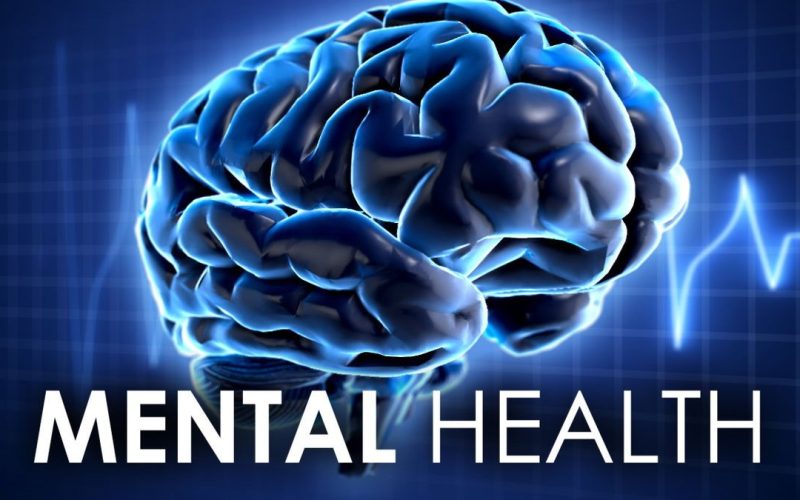Artificial Intelligence (AI) is revolutionizing various sectors, and mental health diagnosis is no exception. The integration of AI into mental health care has opened new avenues for early detection, accurate diagnosis, and personalized treatment plans. This article delves into the transformative impact of AI on mental health diagnosis, highlighting its benefits, challenges, and future prospects.
The Role of AI in Mental Health Diagnosis
Early Detection and Screening
One of the most significant advantages of AI in mental health diagnosis is its ability to facilitate early detection. Traditional methods of diagnosing mental health conditions often rely on self-reported symptoms and clinical interviews, which can be subjective and prone to biases. AI algorithms, on the other hand, can analyze vast amounts of data from various sources such as social media activity, wearable devices, and electronic health records to identify early signs of mental health issues. For example, machine learning models can detect patterns in speech and text that may indicate depression or anxiety, allowing for timely intervention.
Improved Accuracy and Objectivity
AI has the potential to enhance the accuracy and objectivity of mental health diagnoses. Human clinicians may have different interpretations of symptoms, leading to variations in diagnoses. AI systems, however, can standardize the diagnostic process by using consistent criteria and large datasets to make informed decisions. Natural Language Processing (NLP) techniques are particularly useful in this regard, as they can analyze clinical notes and patient interviews to extract relevant information and provide a more accurate diagnosis.
Personalized Treatment Plans
Another notable impact of AI on mental health diagnosis is the ability to create personalized treatment plans. By analyzing individual patient data, AI can identify the most effective treatment options based on a person’s unique characteristics and history. This personalized approach can improve treatment outcomes and reduce the trial-and-error process often associated with mental health care. For instance, AI algorithms can predict which patients are likely to respond well to specific medications or therapies, allowing clinicians to tailor their treatment plans accordingly.

Benefits of AI in Mental Health Diagnosis
Accessibility and Scalability
AI has the potential to make mental health care more accessible and scalable. In many parts of the world, there is a shortage of mental health professionals, making it difficult for individuals to receive timely care. AI-powered tools can bridge this gap by providing preliminary assessments and recommendations, thereby reducing the burden on healthcare providers. Telehealth platforms equipped with AI can offer remote consultations and support, making mental health services more accessible to people in underserved areas.
Cost-Effectiveness
The use of AI in mental health diagnosis can also lead to cost savings for both patients and healthcare systems. Early detection and intervention can prevent the progression of mental health conditions, reducing the need for more intensive and expensive treatments later on. Additionally, AI-driven diagnostic tools can streamline the assessment process, saving time and resources for clinicians. This cost-effectiveness can make mental health care more affordable and sustainable in the long run.
Continuous Monitoring and Support
AI can provide continuous monitoring and support for individuals with mental health conditions. Wearable devices and mobile applications can track various physiological and behavioral indicators, such as heart rate, sleep patterns, and activity levels, to monitor a person’s mental health status in real-time. AI algorithms can analyze this data to detect changes in mood or behavior and provide timely interventions or alerts to healthcare providers. This continuous monitoring can help prevent relapses and ensure that individuals receive the support they need.
Challenges and Ethical Considerations
Data Privacy and Security
One of the primary challenges of using AI in mental health diagnosis is ensuring data privacy and security. The sensitive nature of mental health data requires robust measures to protect patient information from unauthorized access and breaches. Healthcare providers and AI developers must adhere to strict data protection regulations and implement advanced encryption techniques to safeguard patient data. Additionally, transparency in data usage and informed consent are crucial to maintaining patient trust.
Bias and Fairness
AI algorithms are only as good as the data they are trained on. If the training data is biased or unrepresentative, the AI system may produce biased or inaccurate results. This is a significant concern in mental health diagnosis, where biases in data can lead to disparities in care. For example, certain demographic groups may be underrepresented in the training data, resulting in less accurate diagnoses for those populations. Addressing these biases and ensuring fairness in AI systems is essential to providing equitable mental health care.
Human-AI Collaboration
While AI has the potential to enhance mental health diagnosis, it is not a replacement for human clinicians. The best outcomes are likely to be achieved through a collaborative approach, where AI assists clinicians in making more informed decisions. Human judgment and empathy are crucial in understanding the nuances of mental health conditions and providing compassionate care. Therefore, integrating AI into mental health care should focus on augmenting, rather than replacing, human expertise.
Future Prospects
The future of AI in mental health diagnosis looks promising, with ongoing advancements in technology and research. The development of more sophisticated AI algorithms and the integration of multimodal data sources, such as genetic information and brain imaging, can further improve the accuracy and precision of mental health diagnoses. Additionally, the growing adoption of telehealth and digital health platforms can expand the reach of AI-powered mental health services, making them more accessible to a broader population.
Moreover, interdisciplinary collaborations between AI researchers, clinicians, and ethicists can address the challenges and ethical considerations associated with AI in mental health care. By fostering a collaborative and inclusive approach, the mental health field can harness the full potential of AI to improve diagnosis, treatment, and overall patient outcomes.
Conclusion
The impact of AI on mental health diagnosis is profound, offering numerous benefits such as early detection, improved accuracy, personalized treatment plans, and increased accessibility. However, it also presents challenges related to data privacy, bias, and the need for human-AI collaboration. By addressing these challenges and leveraging the strengths of AI, the mental health field can make significant strides in providing better care for individuals with mental health conditions. As technology continues to evolve, the integration of AI into mental health diagnosis holds great promise for the future of mental health care.










